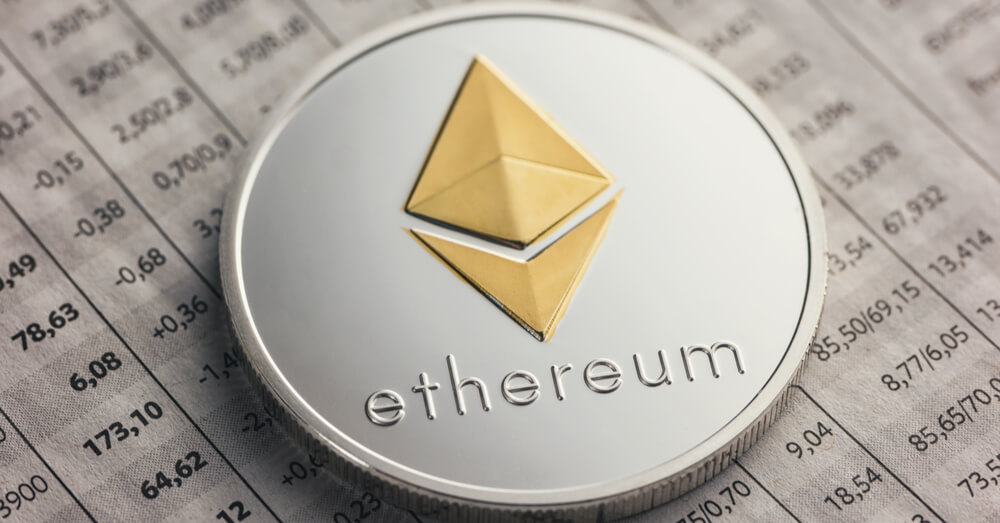
The Enterprise Ethereum Alliance (EEA) has established standards for the development of permissioned versions of Ethereum — now a few years have passed, its impact can be seen
The Enterprise Ethereum Alliance (EEA) was created to enable organisations to adopt and use Ethereum in their daily operations, creating a world of collaboration based on trust. Now that Ethereum 2.0 is being developed, the impact of the EEA is easy to see.
With more than 200 members, the EEA is helping Ethereum evolve into an enterprise-grade technology by providing research and development in different areas with the assistance of the community.
The standards organisation works on the development of open blockchain specifications to improve interoperability for consumers and developers working on applications, or systems, built using Ethereum.
Collaboration is essential for innovation
The EEA was launched in February of 2017 under the direction of Julio Faura as Chairman.
At that time, the leader of Group Santander’s blockchain development stated that:
“A few of us just got together to try to make the technology a little bit more suitable for enterprise uses. We were all doing our rudimentary attempts to use the technology. But it wasn’t conceived for enterprise use – rather for trustless and public use – and was very far from being ready.”
By collaborating with other enterprises interested in the use of blockchain technology, the alliance aims to fight the siloed database from decades ago, which prevented digital solutions to communicate and work together effectively, escalate as needed and coordinate efforts between development teams.
Decentralization allows consumers and companies to choose
By incentivising the use of standards and collaboration, the alliance is aiming to prevent the monopoly that other technologies have experienced when important tools have been controlled by a single entity.
The combination of decentralization inherent to Ethereum and the collaboration resulting from EEA’s efforts prevent any company from controlling it and creating a strategic risk that could affect the other parties.
The decentralization criticism that blockchain technology experienced upon its inception is reminiscent of the one seen when open source projects first appeared, with companies refusing to adopt it.
Open source projects are everywhere, with the support of companies and users alike these days, so blockchain could be following the same trend as a result of efforts such as those of the EEA.

